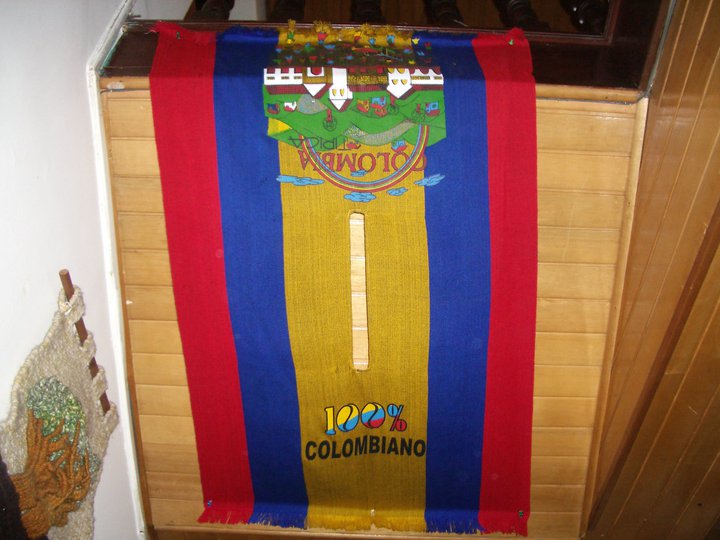A Question of Colombia-US Relations: Friends With Benefits?
An upcoming event at AU this Friday the 8th at 2pm in the Battelle Atrium, sponsored by AU’s PorColombia club, AWOL, and CASJ discusses just this subject, along with the present opportunities and challenges for the United States and Colombia.
Not everyone is in agreement whether the free trade agreement will benefit Colombia. Proponents see the agreement as an opportunity to increase trade, cultural exchanges, and prosperity. Opponents concern themselves with the social impacts on small farmers and human rights, as well as who the trade and prosperity will truly benefit.
Some, such as the Latin America Trade Coalition, and several prominent Senators, have suggested passing the FTA would benefit the United States economically with jobs and export earnings.
Those opposed to the agreement have cited continued violence and human rights violations, despite a decrease in labor union assassinations. Indeed, the recent murder of three IDP leaders attempting to return to their lands, all within 24 hours, suggests problems persist.
Though the Obama administration has cut military and economic aid to a total of 467 million dollars, a 20% decrease on 2009 levels, Obama, other politicians, and a number of corporations have been lobbying for the passage of the US-Colombia Free Trade Agreement.
In a country where 1% of the population controls 45% of the territory, that has the 8th highest GINI co-efficient (that’s income inequality) in the world, and the US embassy has estimated paramilitary groups control 10% of the country, the challenges faced in restoring land to its rightful owners are formidable.
The FTA, which would eliminate tariffs on imports US (government-subsidized) agricultural goods, would disproportionately impact Colombian small farmers, forcing many to sell their land, be forced off by large agro-businesses, or grow the only crop left profitable to them: coca.
Both Colombian President Juan Manuel Santos and President Obama are different from their predecessors in many ways, but the question whether they find a way to cooperate and benefit both countries and peoples.
The event will be this Friday the 8th; the panel portion will last from 2-3, followed by a half hour for questions and answers. Confirmed speakers include Gimena Sanchez, WOLA’s Senior Andes Associate, and Charo Mina Rojas, an Afro-Colombian and Advocacy Advisor at Proceso de Comunidades Negras. Following the panel, there will be a reception with food and drinks, and will include representatives from many AU clubs and DC NGOs that focus on Colombia and Latin American issues.
The event is sponsored by AU’s own AU PorColombia, AWOL, the AU Fair Trade Student Association, and CASJ. For more information, please email me, Mike Lally, at [email protected].












